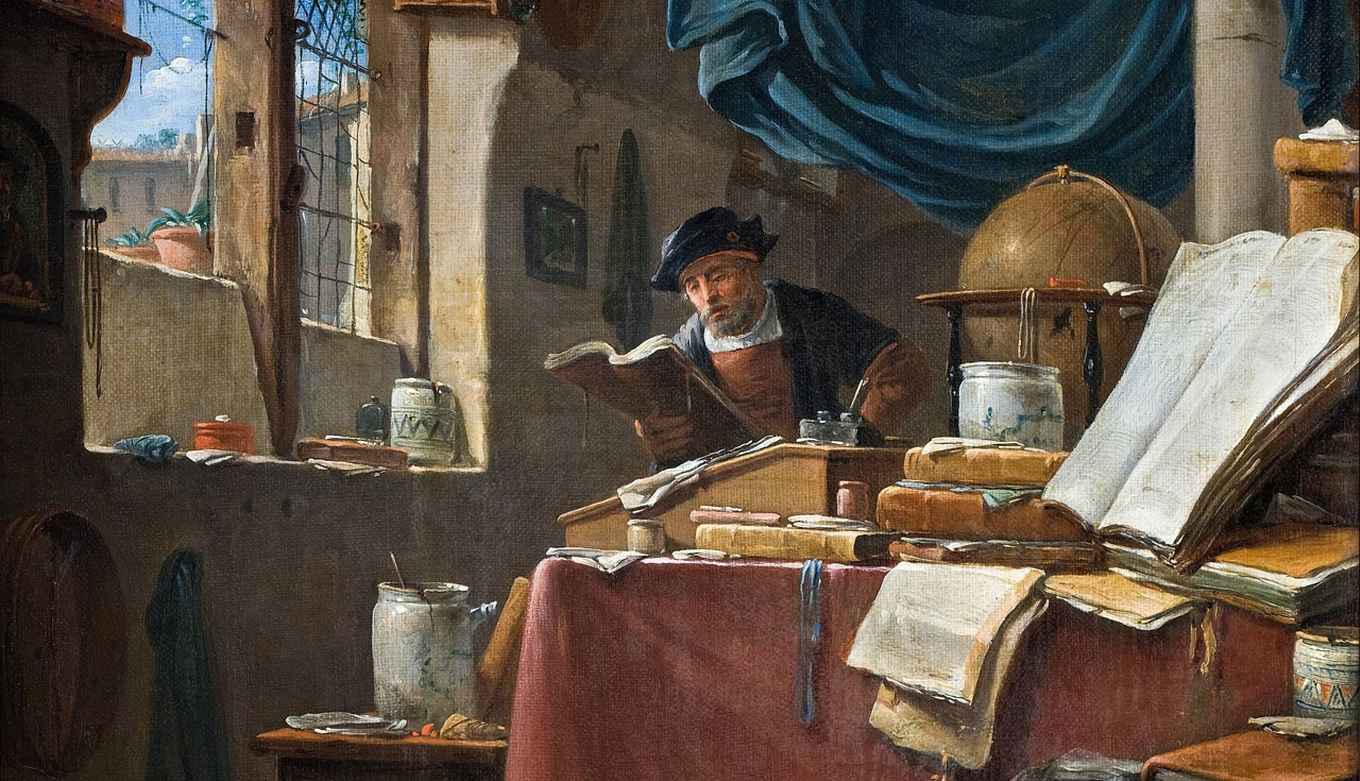Vossius Seminar
- Date
- 10 October 2022
- Time
- 15:30 -17:30
- Location
- BG 1
- Room
- 0.16

15:30 - 16:30 Paul Michael Kurtz, Ghent University
Putting the science back in human sciences: towards a holistic account of philology in the 19th century
This presentation introduces, for the first time, the new framework of a new project to comprehend the premier science of 19th-century Europe – philology – precisely as a science. By drawing on media studies, information studies, and history of science, this collaborative undertaking will explore how local ensembles of protocols, representation, instrumentation, and cooperation were articulated into robust programs to generate stable knowledge and knowledge communities. Specifically, it focuses on the history of knowledge-infrastructure in Semitic philology, the history of media in Indo-Iranian philology, the history of strategic alliances in Romance and Germanic philology, and the history of technics in Classical philology. In doing so, the project seeks to explain how philology operated as a relational system that projected a unity and scientific authority more than the sum of its parts.
16:30 - 17:30 Michele Calella, University of Vienna
Affects and figures: searching for symbolic patterns in early musicology
At the beginning of the 20th century, the young discipline of musicology was under the strong influence of musical formalism. Eduard Hanslick’s aesthetical concept of music as ‘sonically moved forms’ (1854) had still a profound impact on music research. This is particularly true in the domain of music analysis and interpretation, where formal approaches and a sceptical attitude towards the quite impressionistic ‘musical hermeneutics’, which had been championed by Hermann Kretzschmar, prevailed.
This state of art explains the popularity of form and style analysis in music theory and historiography, the latter of which was shaped 1911 by Guido Adler after the model of art history. As a reaction to this trend, some musicologists, among others Hermann Kretzschmar but above all his pupil Arnold Schering, tried to prove the existence of symbolic patterns in music on historical basis, recurring to some traditions of music theory before 1800. This led to the rediscovery of the so called ‘Affektenlehre’ (the theory of affects) and of the ‘Figurenlehre’ (the theory of the figures of speech), which paved the way for different models of symbology of early music in the second half of 20th century.
In my project I’ll closely investigate the scholarly tradition of these alleged ‘historical’ approaches, some of which have contributed to propagate the image of erudite composers as senders of exclusive and mostly hidden messages (see the concept of ‘musica reservata’ and the rhetorical and numerological interpretations of Bach’s music). The fact that some musicologists sticked to such interpretative models until into the 20the century, despite the scarce evidence over their use and validity in the compositional practice, can be seen as an attempt to solve the problem of musical meaning by the historical recourse to a premodern tradition.
